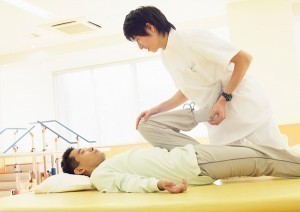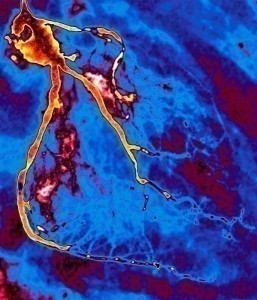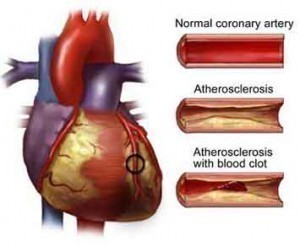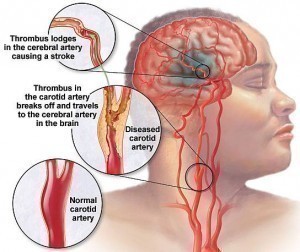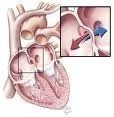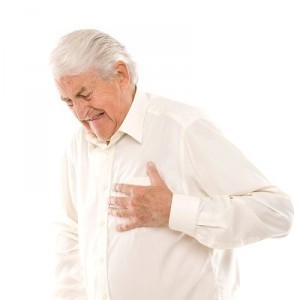Heart Pain
Heart disease remains the number one cause of death in the US and many countries in the world. To protect yourself, knowing the symptoms and ways of preventing it is necessary.
Causes of Heart Attacks
A stroke occurs when the blood vessels can no longer pump blood into the heart. There are many reasons these arteries can malfunction. Heredity is one cause. Another is age. Males over 45 and women over 50 are more susceptible than younger people.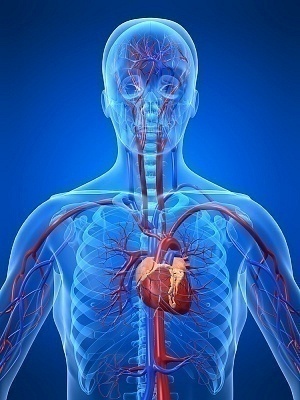
There are other factors that increase the risk of acquiring heart disease. These include smoking, eating cholesterol rich food and high blood pressure. High blood pressure is often brought about by stress and high levels of cholesterol in the body. The lack of physical exercise is another contributing factor.
Heart Attack Symptoms
The most common indication is a sharp pain in the chest area. The sensation may be chronic or it may disappear after a few minutes. There is also difficulty in breathing or running out of breath quickly. The pain may spread to the upper part of the shoulder and the back.
Other indications are feelings of numbness beneath the feet or hands. Sometimes the sensation is more of a tingling type. The stabbing pain in the chest may occur suddenly or build up. Uncontrolled drooling is another sign.
Others report feeling heavy, as if there is something pressing against their chest. The attack may also be accompanied by sweating or chills. Episodes of nausea and fainting are also possible.
Heart Attack Diagnosis
A doctor can usually tell just by looking if the person has suffered a stroke. The signs include physical weakness and difficulty speaking. There are several tests that can be used to determine if a stroke took place. One of this is the ECG (electrocardiogram). The blood pressure will also be scrutinized.
If someone goes to the doctor complaining of chest pain, preliminary tests may be conducted. This is to rule out other diseases that may be causing the discomfort.
Gall bladder attacks, angina and physical exhaustion can cause chest pain too. This is of course assuming the patient doesn’t display any of the symptoms indicated earlier.
Heart Attack Relief
If the patient no longer breathes, contact the doctor immediately. In the meantime CPR should be administered. If the heartbeat is irregular, defibrillation will be performed in the hospital. Oxygen therapy may also be utilized to assist the heart in functioning.
There are several drugs that can be used to prevent a stroke. Among them are thrombolytic, anticoagulants and nitroglycerin. Others medication given are tranquilizers, beta blockers, vasodilators and many others. In severe cases, surgery will be required.
To reduce the risks of getting a stroke, eat a healthy diet. Lessen the meat intake and eat more vegetables. Get a blood pressure monitor so you can evaluate it everyday. If you smoke, it’s time you stop. Avoiding stressful situations is recommended.
Exercise and have medical check ups regularly. Even if your family is predisposed to heart attacks, taking precaution will help a lot.
Related Reading on Heart Pain

